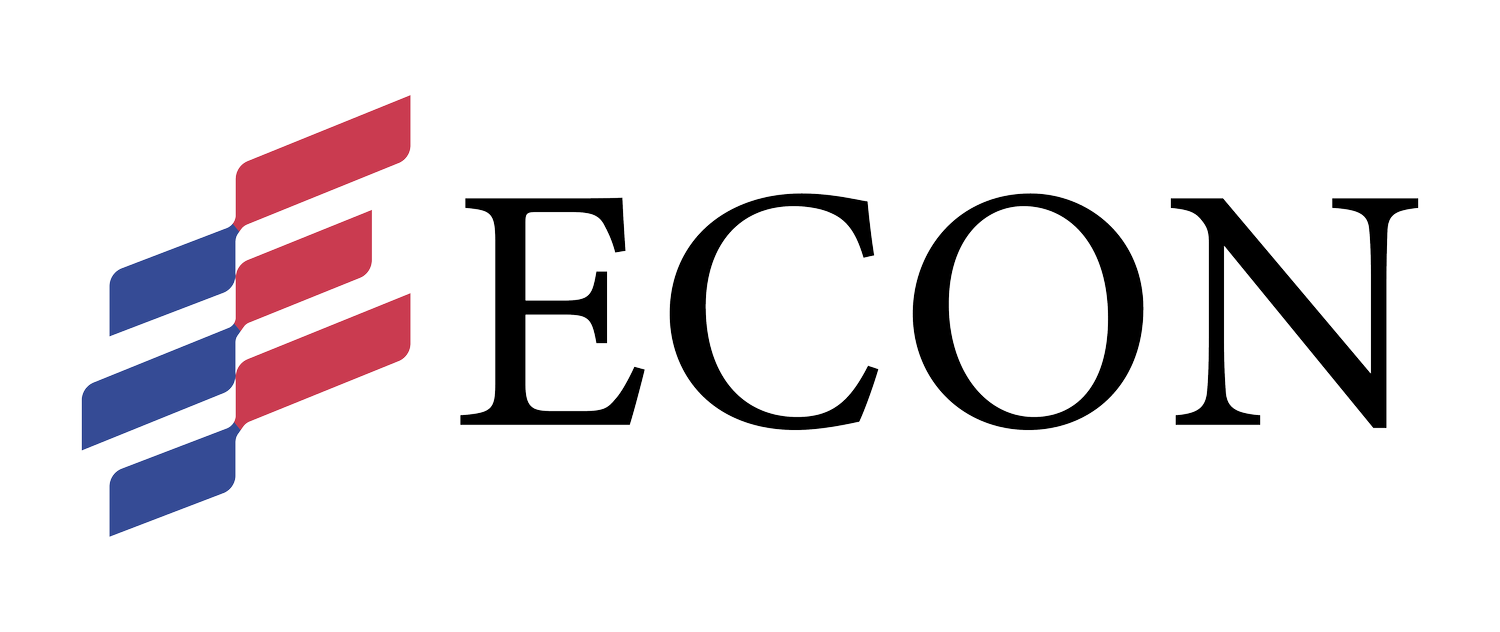The Case for Hiring Neurodiverse Talent
When companies talk about innovation, they often picture sleek products, fast pivots, and big ideas. But some of the most meaningful innovation doesn’t come from the boardroom — it comes from who’s in the room in the first place. Hiring neurodiverse talent isn’t just a statement of values. It’s a strategic decision that more and more organizations are realizing has measurable business benefits.
Neurodiversity refers to the natural variation in how people think, learn, and process information. It includes individuals with autism, ADHD, dyslexia, dyspraxia, and other cognitive profiles that fall outside what’s often considered the “neurotypical” standard. For decades, these differences were viewed through a deficit lens — something to accommodate, tolerate, or quietly sideline. But the business world is starting to catch up to something advocates have known all along: different doesn’t mean less. It often means more.
Data from companies that have made a commitment to neurodiverse hiring tells a clear story. In a study from Deloitte and Harvard Business Review, organizations that built inclusive practices for neurodivergent individuals saw boosts in productivity, creativity, and team cohesion. One large tech company found that its neurodiverse employees were 30% more productive in certain roles than their neurotypical peers. Another saw significant gains in pattern recognition, problem-solving, and sustained attention to detail.
But the benefits go beyond individual performance. Teams with neurodiverse employees tend to communicate more clearly, define processes more precisely, and develop stronger cultures of accountability. Why? Because inclusive practices — such as clearer instructions, structured feedback, and predictable routines — actually improve the environment for everyone. What was once considered a “special accommodation” often becomes a better way of doing business.
Retention is another factor worth paying attention to. While the tech world has long struggled with high turnover, companies with neurodiverse hiring programs report better-than-average employee loyalty. Many neurodivergent workers value consistency, purpose, and autonomy — and when given the right fit, they’re likely to stay. That kind of retention reduces hiring costs, protects institutional knowledge, and fosters long-term team stability.
Morale, too, tends to shift in positive ways. There’s something powerful about working in a place that makes room for everyone — a workplace that not only says it values diversity but shows it through hiring, development, and leadership. Employees take pride in that. Customers notice it. And culture changes as a result.
Of course, no hiring strategy should be built on sentiment alone. But in this case, the data lines up with the mission. Hiring neurodiverse talent isn’t just good optics or good ethics — it’s good business.


